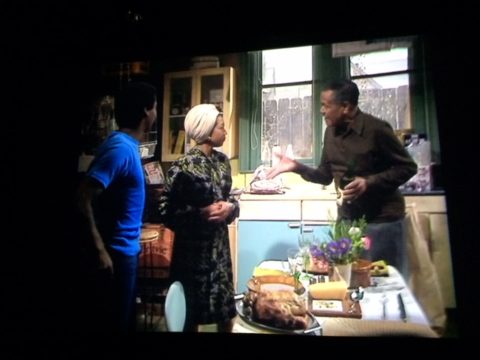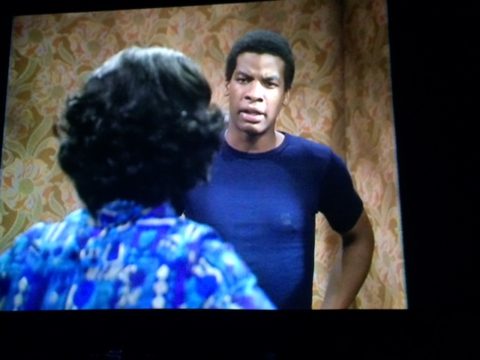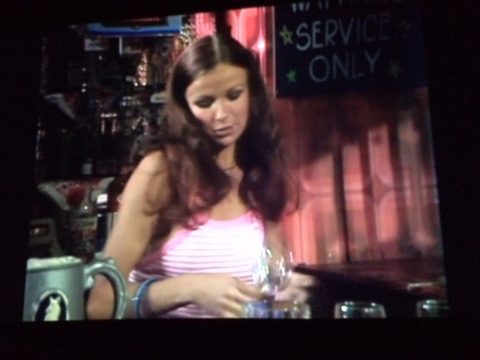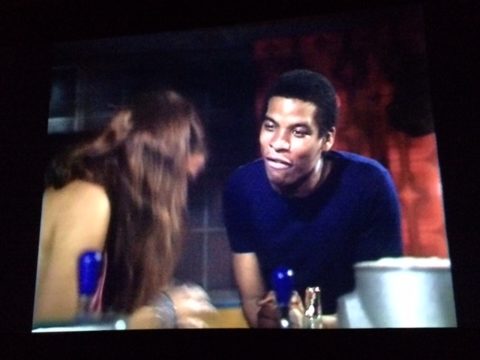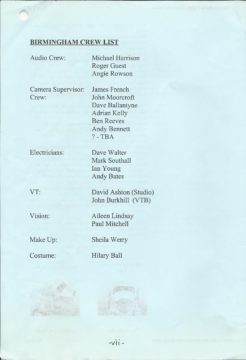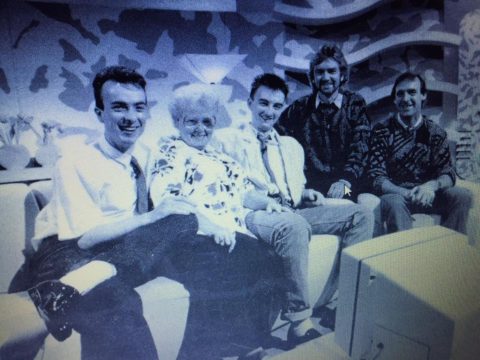
BBC Broadcasting House 1930s, copyright resides with the original holder, no reproduction without permission
My career nearly came to an abrupt end after only a few months. To appreciate this event you have to remember that this was 1961 and attitudes were different from today. The BBC still had Lord Reith’s standards, “That was the Week That Was” had not been commissioned yet; and ladies rarely showed their underwear. So this was the environment when I got into the front lift at the eighth floor of BH, with a young woman from the staff restaurant, whom I knew fairly well.
The BH 1930s lifts were notoriously slow, and she was going to the Lower Ground Floor Restaurant with a tray of cups. I was going to the sub-basement Control Room, and both of us knew we were in for a long journey. So she asked would I mind if she made an adjustment because her slip was showing below her skirt. I said I didn’t mind, so she lifted up her skirt to her waist, in order to make the adjustment. Now, not many staff go down from reception to the floors below ground, so we expected an uninterrupted journey. It took us by surprise therefore when we stopped at the ground floor, and the doors opened, revealing her with her skirt lifted up (a position in which she froze), and me trying to look as though nothing had happened.
In the large marble reception hall, the main entrance to the respectable BBC, were about 20 people waiting for the lift, and therefore facing us. I thought this was quite funny until I heard one of the men say “What’s been going on in this lift?” Nobody answered, least of all me! And nobody got into our lift. The doors closed slowly, like the curtains of the Windmill Theatre after one of their sexy tableau, and we continued our journey, I think the men in suits who saw us may have been the Board of Governors waiting to go up to the Council Chamber on the third floor.
In my off duty time I was alone in London, so I became a regular customer of the BBC Ticket unit, going to radio and television shows in places like the Television Theatre at Shepherds Bush, the Playhouse on the embankment, and the Paris Theatre, the latter two used for recording radio shows with an audience. While I was in London, at the newly built Television Centre, studios 3 and 4 had just come into use. Each had an observation room from where I could see into the studio from gallery level, and also hear production talkback. I spent many hours in there and learnt a lot about television studio production, following the recordings of “A for Andromeda” which had a new actress Julie Christie. (At present there are parts of this series on youtube). I just wandered into the studio observation room, you couldn’t do it today because of security. I also began visiting transmitting stations which I continued to do throughout my career; Crystal Palace, Penmon, Droitwich, Sutton Coldfield, Belmont and Daventry. I later became a close friend of Martin Watkins, the Quality Monitor at the time, and we visited many stations together. At Belmont we were taken up the mast in the lift.
I might have done well in the XP unit; the unit manager, Bill Jarman said colleagues liked my editing, but I just wanted to get out of London. I had a transfer request in with EPD (Engineering Personnel Dept) from early on. My aim was to get to Manchester to be nearer home, but I actually never made it there. (When I got to know the BBC better I realised that I should have just written a memo to say that “…Under no circumstances do I want to work in Manchester”. That happened to someone who didn’t want to go to Wofferton) Anyway, they sent me to Cardiff for a year.

